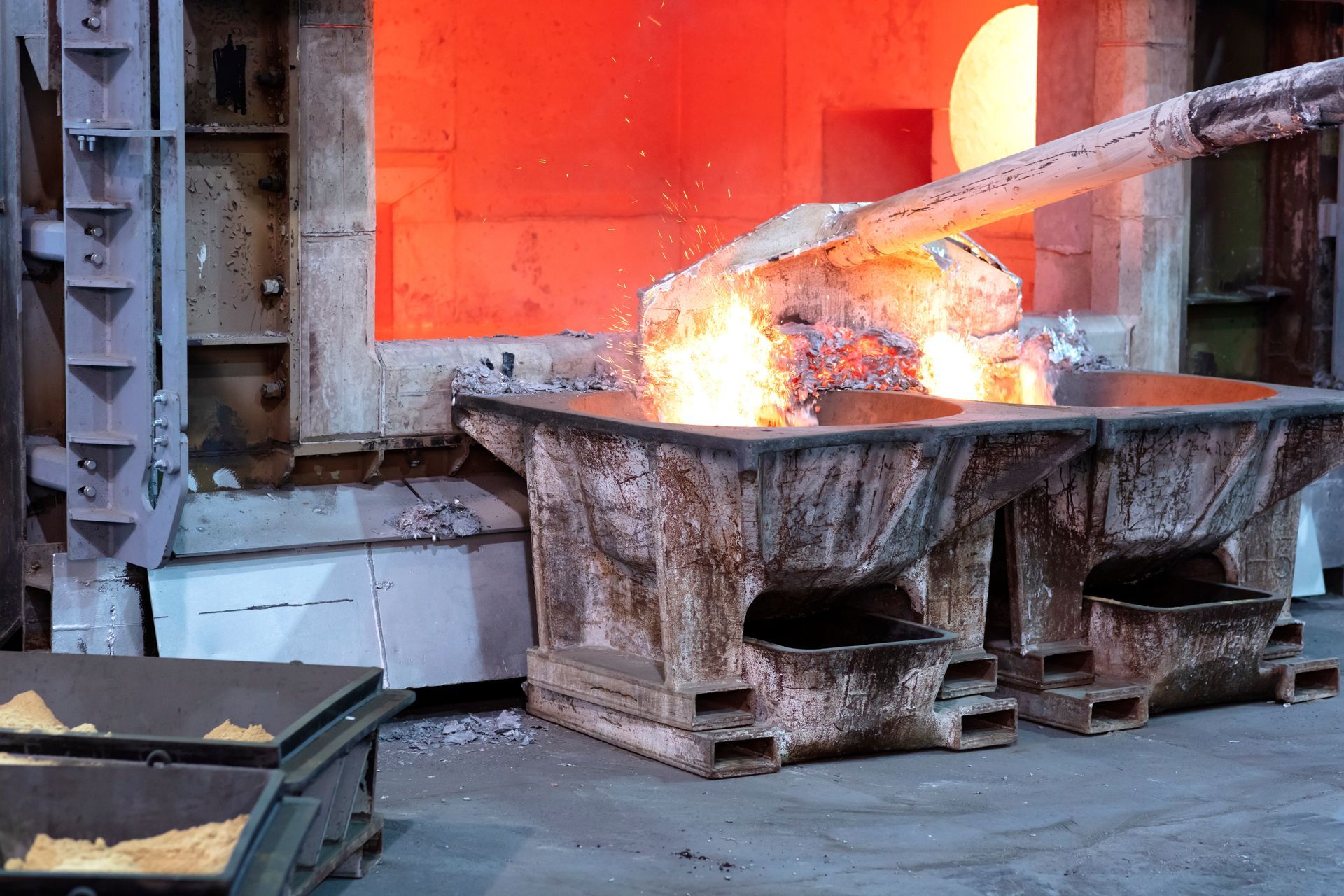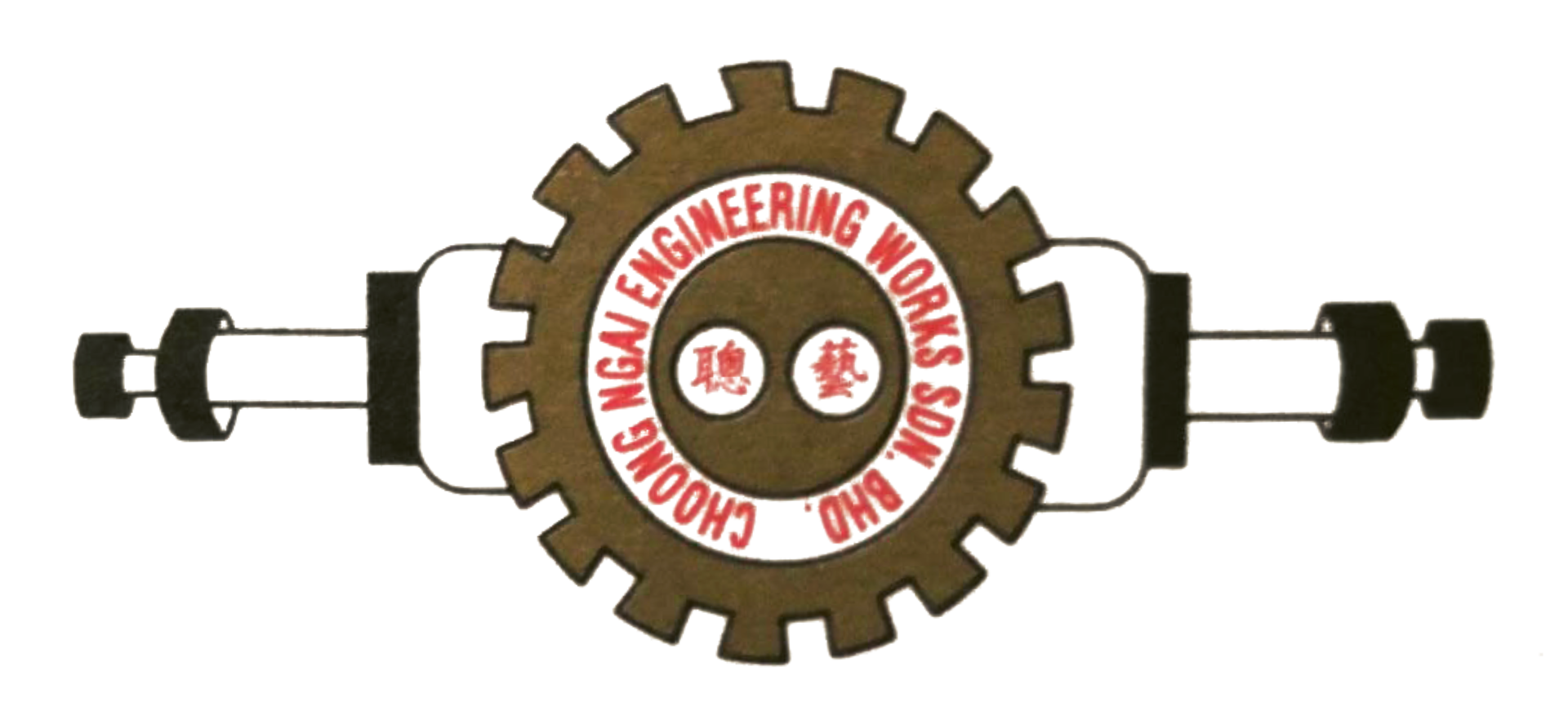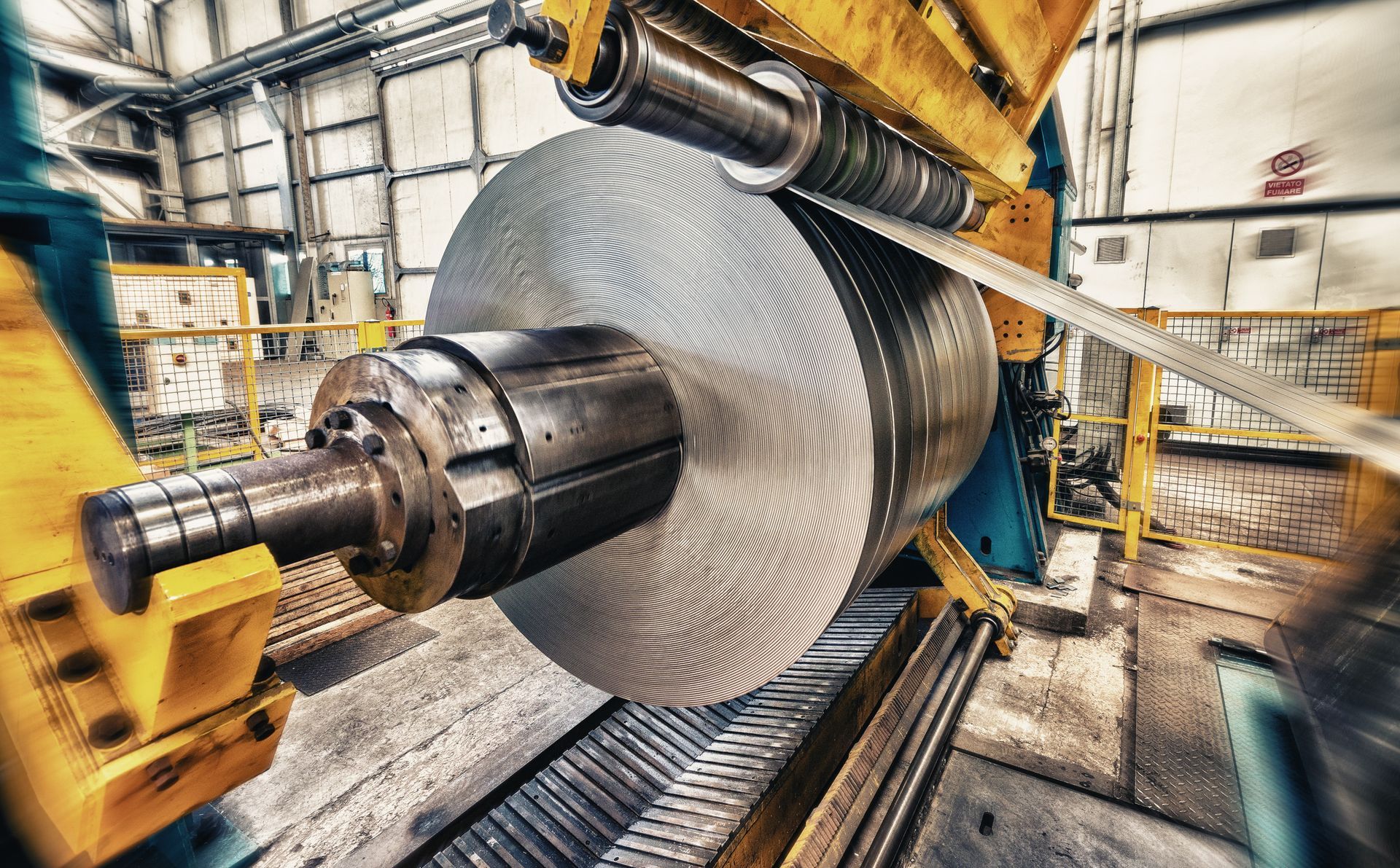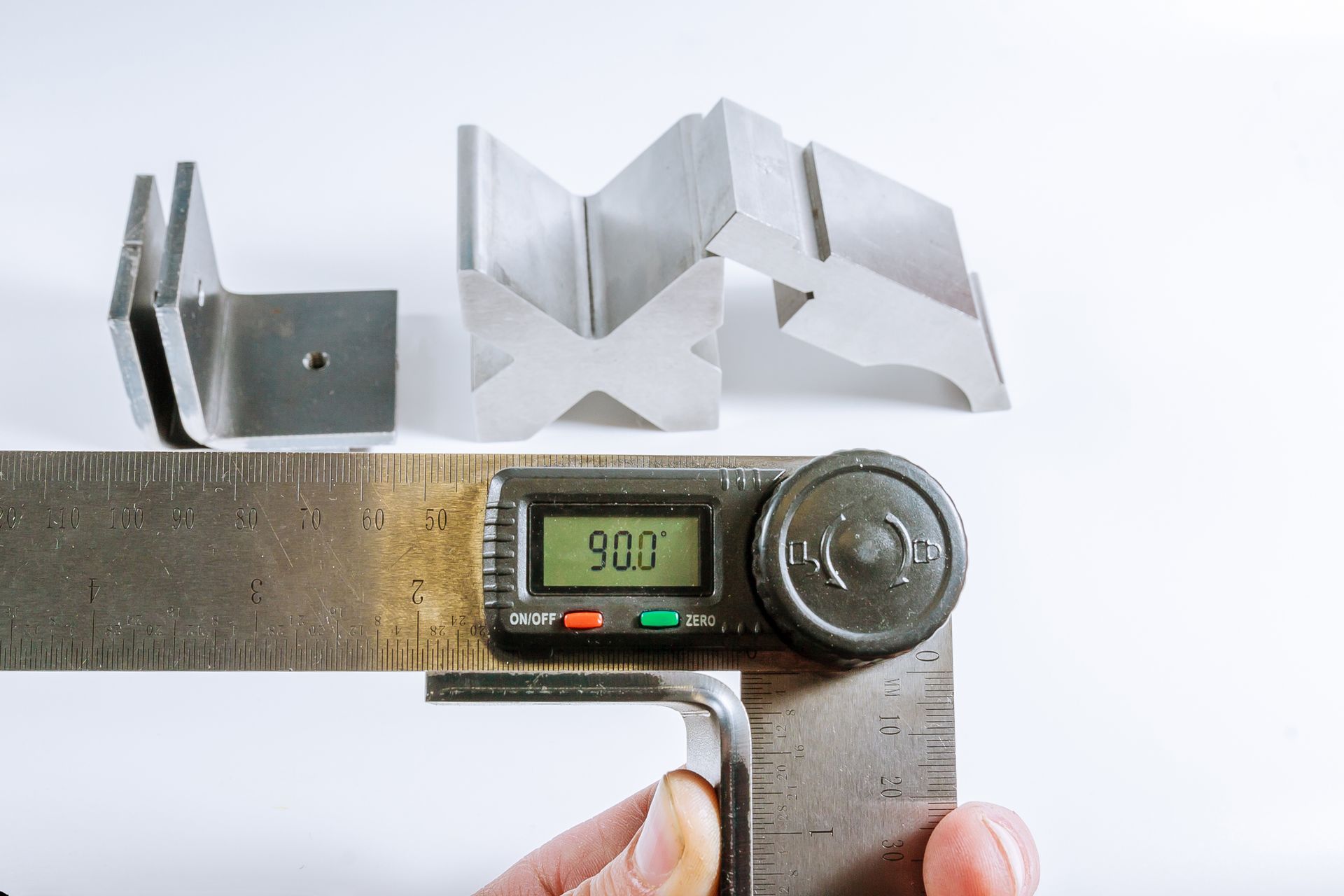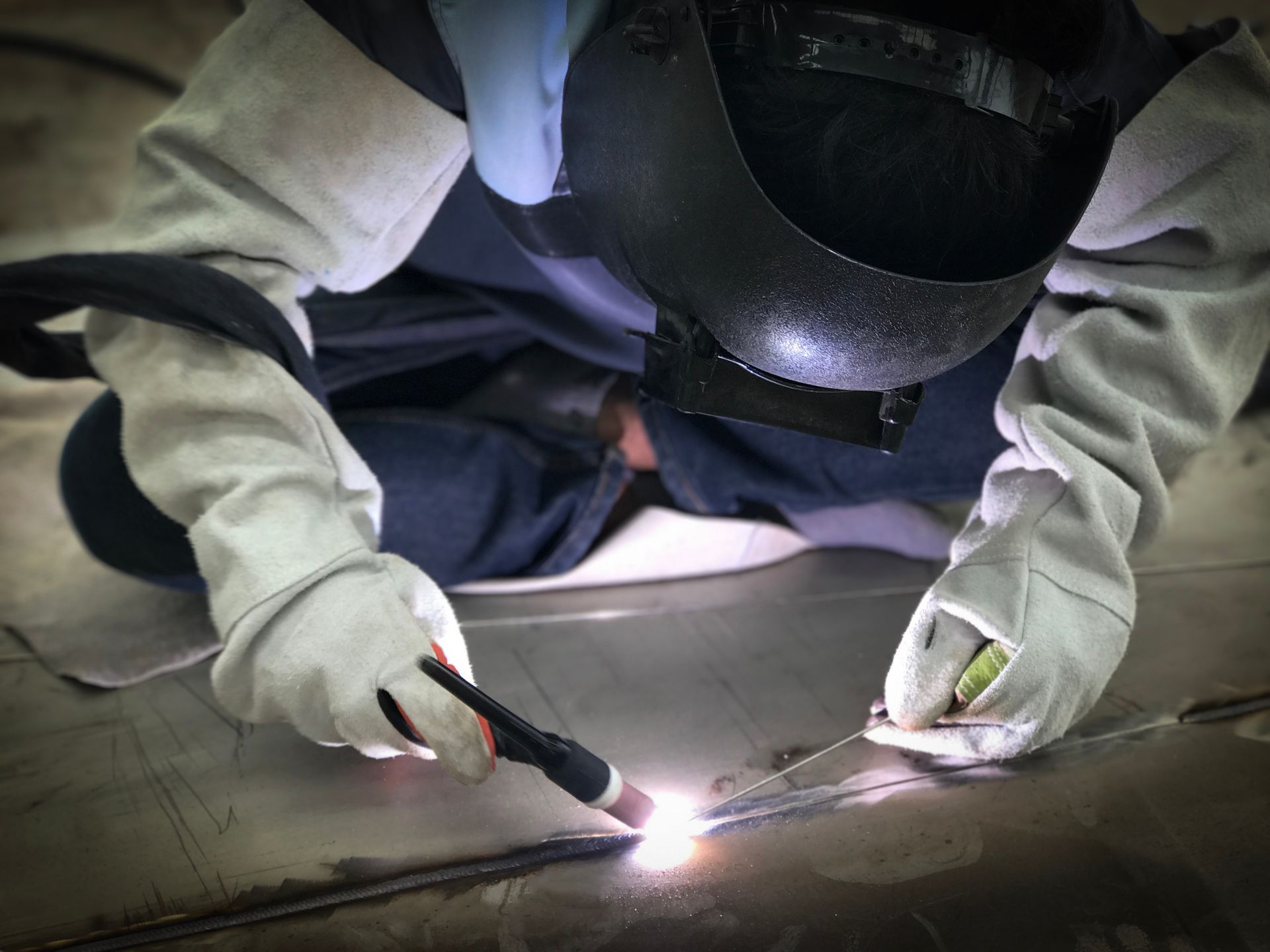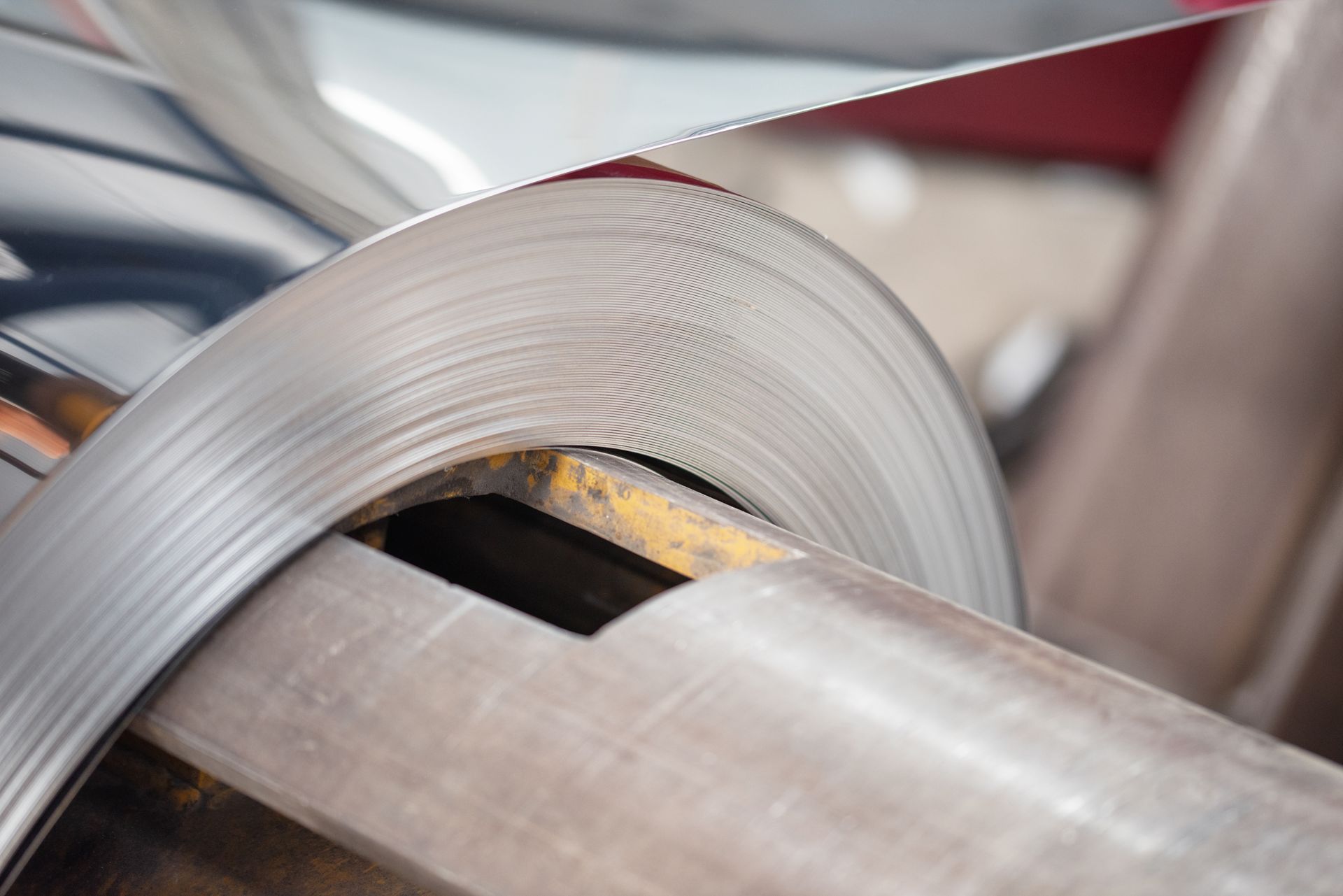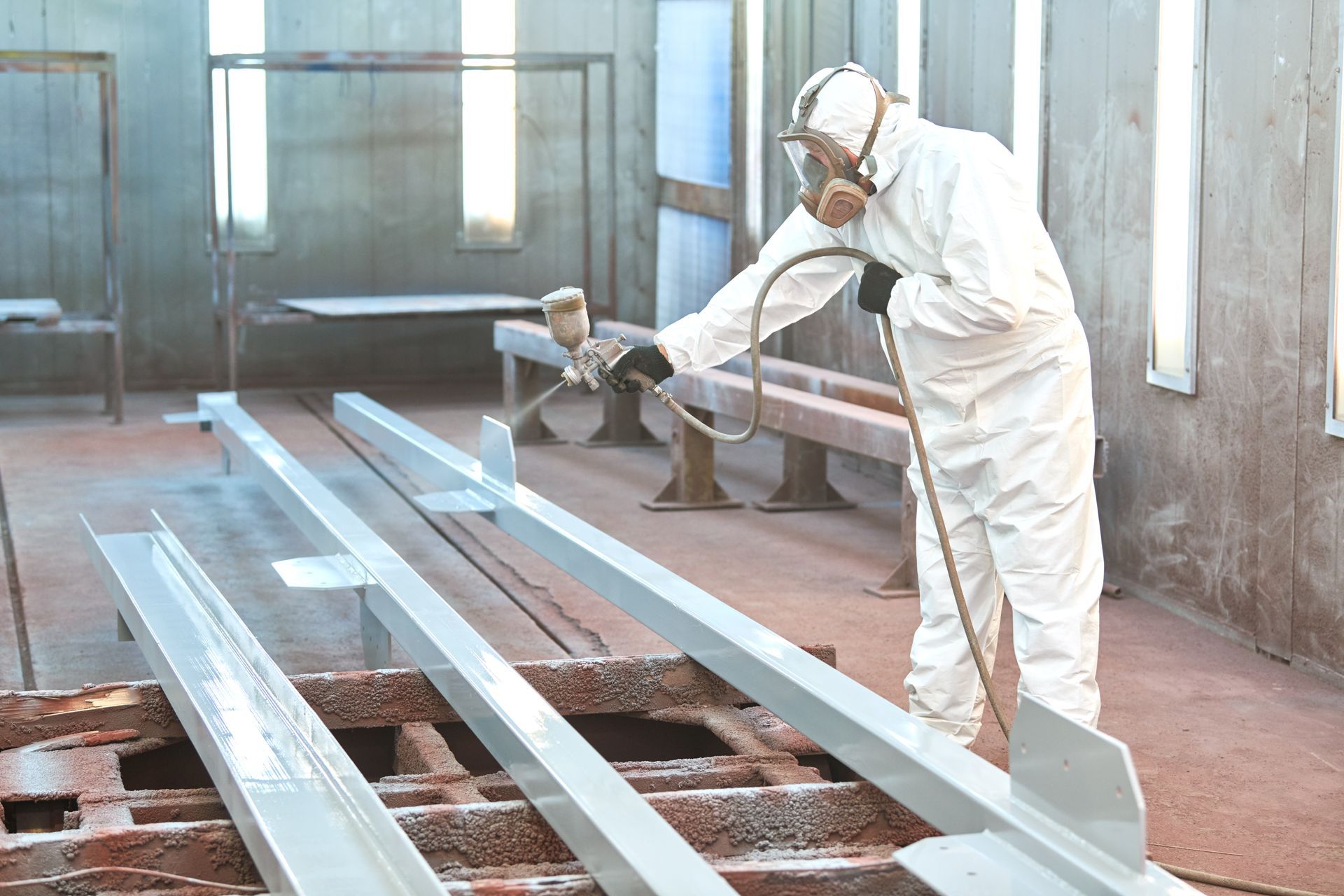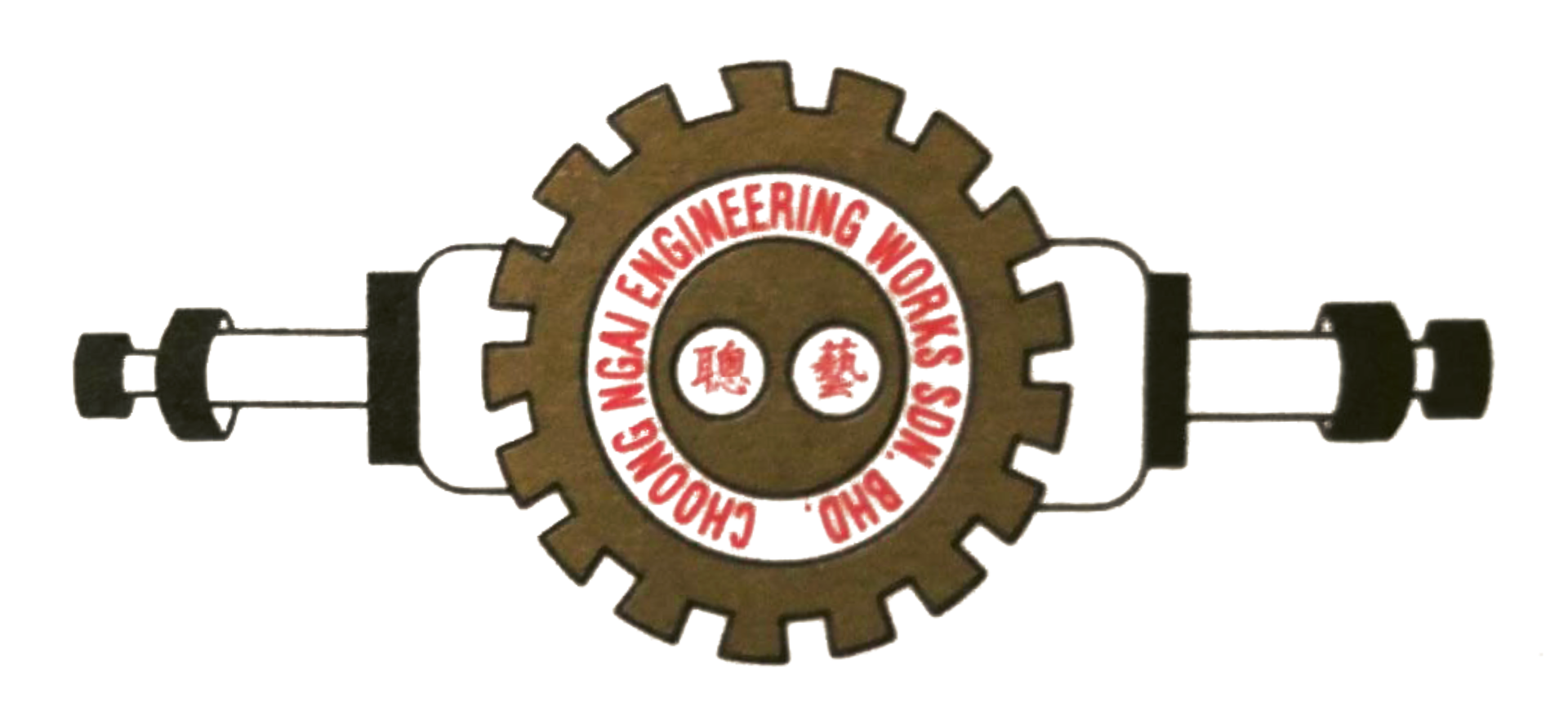10 Essential Skills To Look For in A Sheet Metal Fabricator

Navigating the world of sheet metal fabrication requires a keen eye for talent and a deep understanding of the skills that set apart a professional fabricator from the rest. From crafting intricate parts and components to maintaining stringent quality standards, a skilled fabricator brings a blend of technical know-how and practical experience.
Whether you’re embarking on a custom design or a large-scale production, the expertise and precision of the fabricator can make all the difference. But how do you know what the essential skills are to look for in a sheet metal fabricator?
Elevate your project further by learning the top 10 skills below that define a top-tier sheet metal fabricator. This will ensure you make informed decisions in your search for excellence.
Blueprint Reading
Blueprint reading is a critical skill for any proficient sheet metal fabricator. It involves interpreting complex technical drawings to understand dimensions, materials, and assembly instructions. Mastery in blueprint reading ensures accurate fabrication, enabling the fabricator to visualise the final product and follow precise specifications.
This skill minimises errors, reduces waste, and ensures that the project aligns with design intentions, leading to a smoother workflow and higher-quality results.
Metalworking Techniques
Knowing and understanding various metalworking techniques is one of the most important skills for any sheet metal fabricator. These techniques encompass a range of techniques, like cutting, bending, and welding, each requiring precision and expertise.
A fabricator’s ability to manipulate metal accurately ensures that the final product meets design specifications and quality standards. Mastery of these techniques not only enhances efficiency but also minimises material waste and errors, making it a vital competency for achieving optimal results in any metal fabrication project.
Precision in Measurement
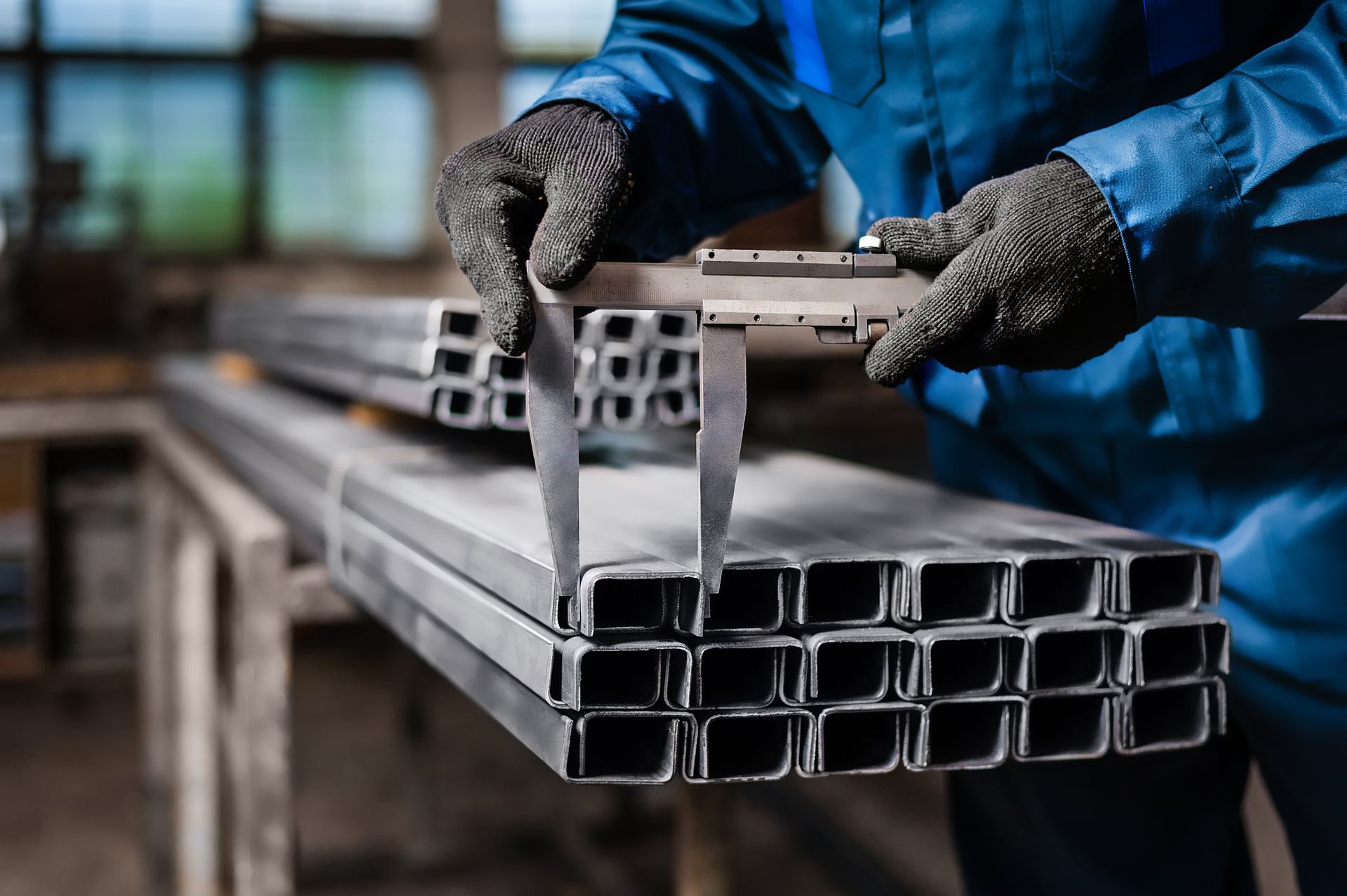
A skilled sheet metal fabricator must have a sharp eye to ensure precision in measurement. Measurements heavily impact the quality and accuracy of the final product, so there should be no room for error.
Accurate measurements ensure that each piece fits perfectly within the larger assembly, minimising material waste and avoiding costly rework. Advanced tools and techniques are used to get the exact specifications, which is vital for achieving superior craftsmanship and optimal functionality in metal projects.
Material Knowledge
Understanding various metals’ properties, limitations, and applications ensures optimal material selection for your specific project needs. In-depth knowledge of metal materials enables fabricators to recommend the right type of metal, whether it's aluminium, steel, copper, or specialised alloys, ensuring durability, cost-effectiveness, and performance for your project.
Additionally, understanding material science helps predict and mitigate issues related to metal behaviour during fabrication, resulting in superior quality and longevity of the final product.
Welding and Soldering
Welding and soldering are essential skills in sheet metal fabrication, as they enable the precise joining of metal pieces. Mastery of these techniques ensures sturdy and seamless assemblies, which are critical for the final product’s structural integrity and aesthetic appeal.
A professional fabricator not only understands the nuances of various welding and soldering methods but also knows when to apply each technique for optimal results. This expertise minimises errors and enhances the durability and quality of the project.
Compliance with Safety Protocols
Skilled and professional sheet metal fabricators must adhere to safety protocols, which protect the well-being of workers and the quality of the final products. Not only will skilled fabricators understand and adhere to industry safety standards, but they will also actively implement best practices to prevent accidents and injuries.
Their commitment to safety minimises risks, maintains a productive work environment, and safeguards your project against potential disruptions. Prioritising safety compliance is a clear indicator of a fabricator’s professionalism and reliability.
Problem-Solving Skills
Problem-solving skills are another essential skill for a sheet metal fabricator. They ensure seamless project execution even when unexpected challenges arise. Fabricators must quickly diagnose issues, from material inconsistencies to machinery malfunctions, and devise effective solutions.
This adaptability avoids delays and maintains production quality. A fabricator's ability to anticipate potential problems and implement preventative measures safeguards against future disruptions. Ultimately, a fabricator’s problem-solving skills directly impact your metal project's efficiency, cost-effectiveness, and overall success.
Attention to Detail
Attention to detail is crucial in sheet metal fabricators, as even the smallest error can lead to significant issues. A skilled fabricator meticulously inspects materials, measurements, and finished pieces, ensuring they meet precise specifications for quality assurance.
They possess a keen eye for spotting imperfections and take pride in producing flawless work. This skill extends beyond the physical fabrication process, including thorough documentation and adherence to project requirements. A fabricator with exceptional attention to detail can be trusted to deliver results that meet or exceed expectations.
Communication Skills

New Paragraph
